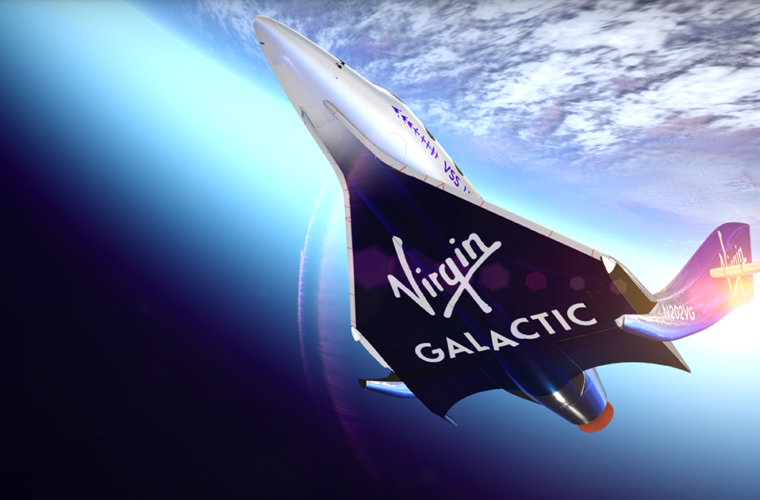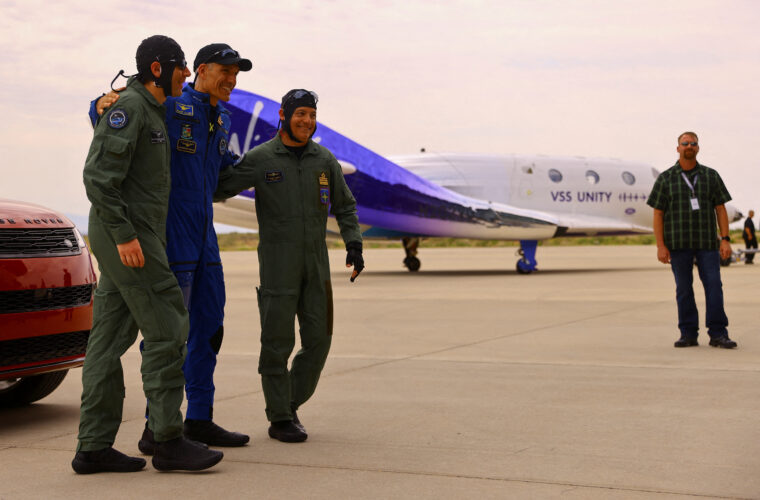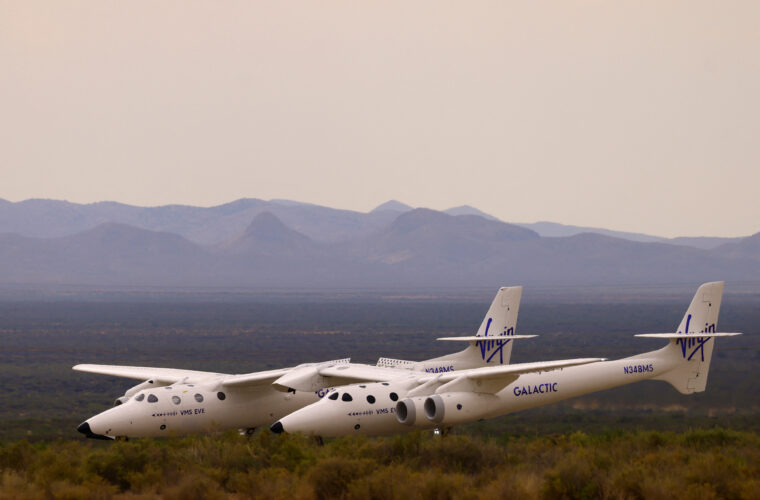Not knowing the exact number of companies he has founded is a good way to get an idea of Richard Branson. To call him an entrepreneur is reductive; to call him a visionary is only partly true, not least because the most important rule for dealing with life and work was always the same for him: have fun. It may be easy to say this after becoming an icon, envied and imitated, but his path after leaving school (badly) proves him right. If you start a magazine at 16 and make £50,000 in three years, you may have been very lucky, or very good at business.
In Branson’s case, the answer is the latter because the magazine was the hook to sell records at a lower price than the shops. The first step up the ladder was Virgin Records, a label where he signed Mike Oldfield (whose album Tumular Bells sold 5 million copies), the Rolling Stones, the Sex Pistols and Genesis. The figures were extraordinary, business was booming, and, as always, Branson rose to the challenge and broadened his horizons. After music, he invested in transport, travel and tourism, with Virgin Atlantic, Virgin Cargo and Virgin Holidays laying the foundations for creating a significant group.
Rising from the bottom
Growing by leaps and bounds led to unplanned outflows and losses that, over time, opened up leaks, forcing Branson to sell the label to EMI in 1992 for £550 million. ‘One of the worst days of my life, even though I knew it was the right thing to do,’ the now 74-year-old explained later. The money came in handy for a fresh start, and the acquisition of Euro Belgian Airlines, renamed Virgin Express, was the first taste of a return to the big time.
Almost immediately, planes were joined by trains, with Virgin Rail Group winning several routes in the UK. Another typical Branson trait is to focus on markets where he saw room for an alternative and, without too much regret, abandon the sector in which he had previously invested. Thus, Virgin Atlantic Airways became the new focus, joined by smaller companies in the low-cost segment, landing on the US and Australian aviation markets.
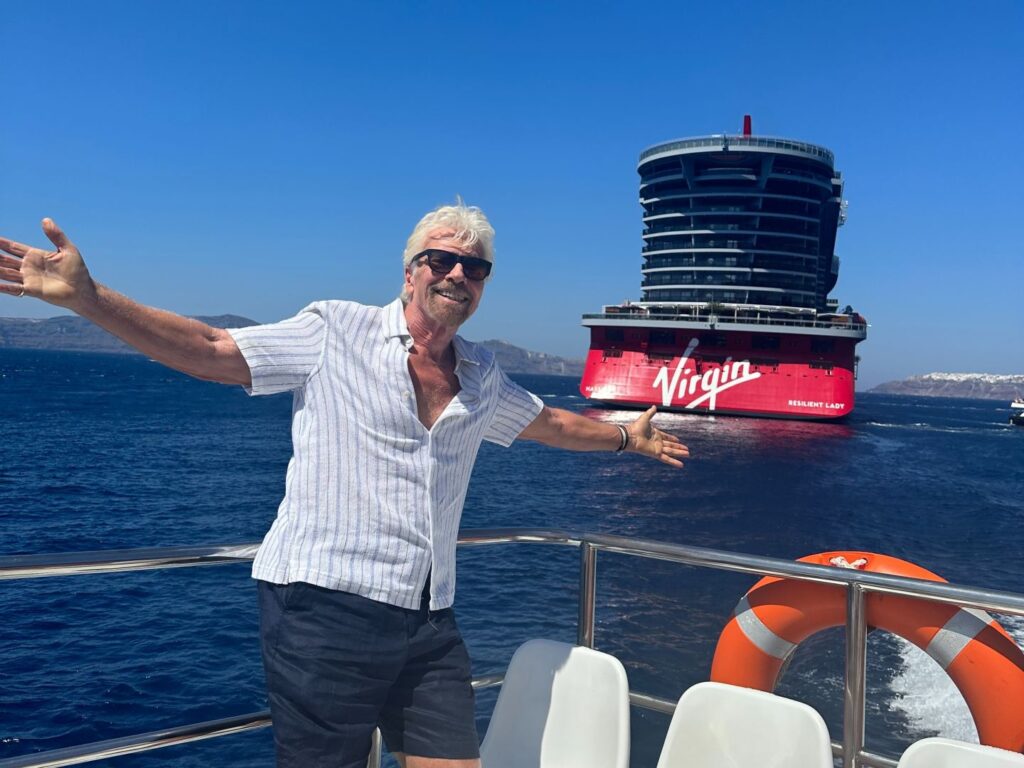
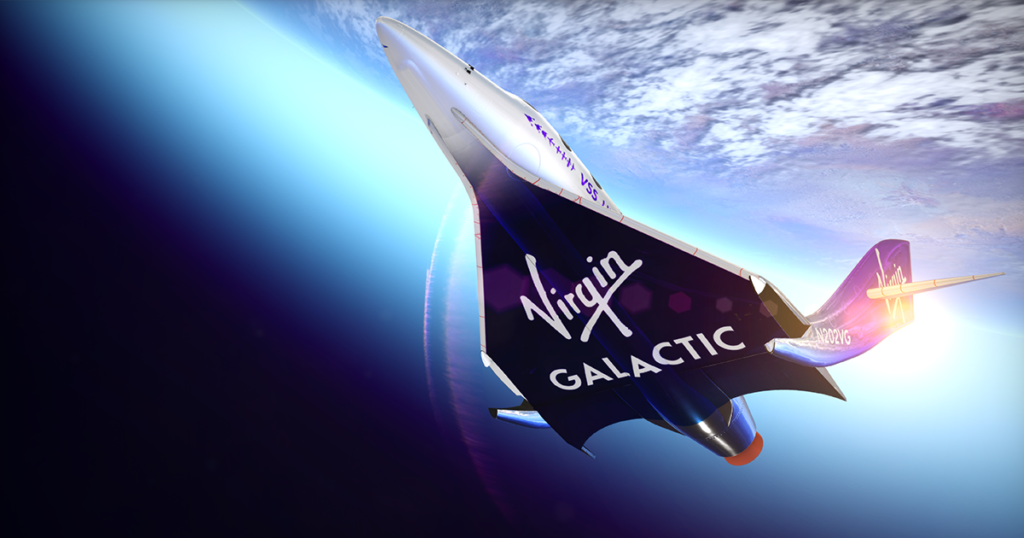
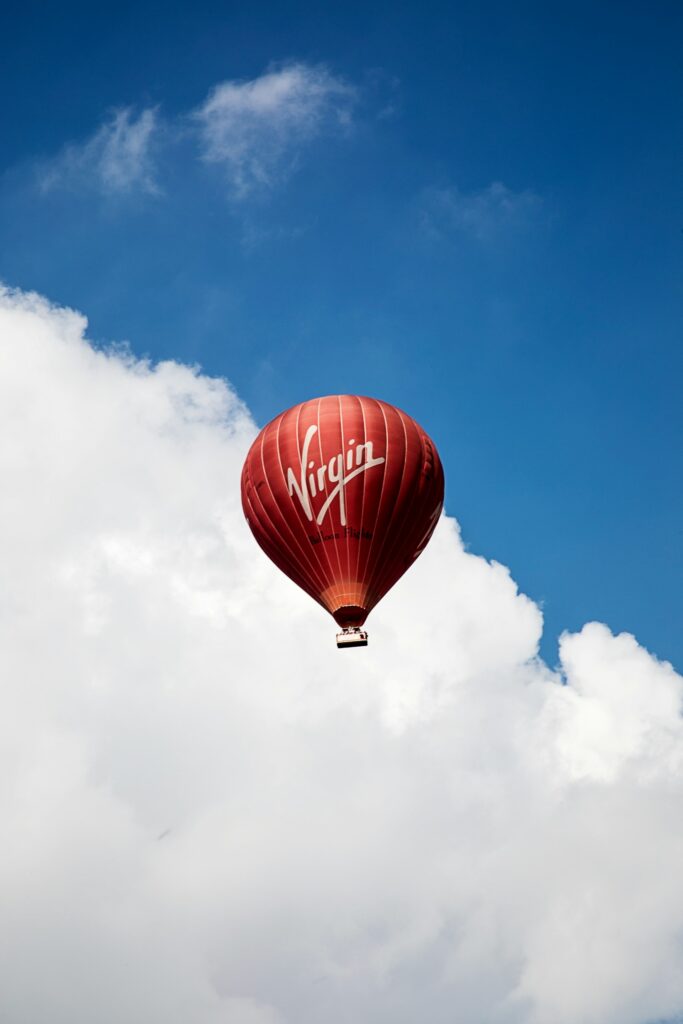
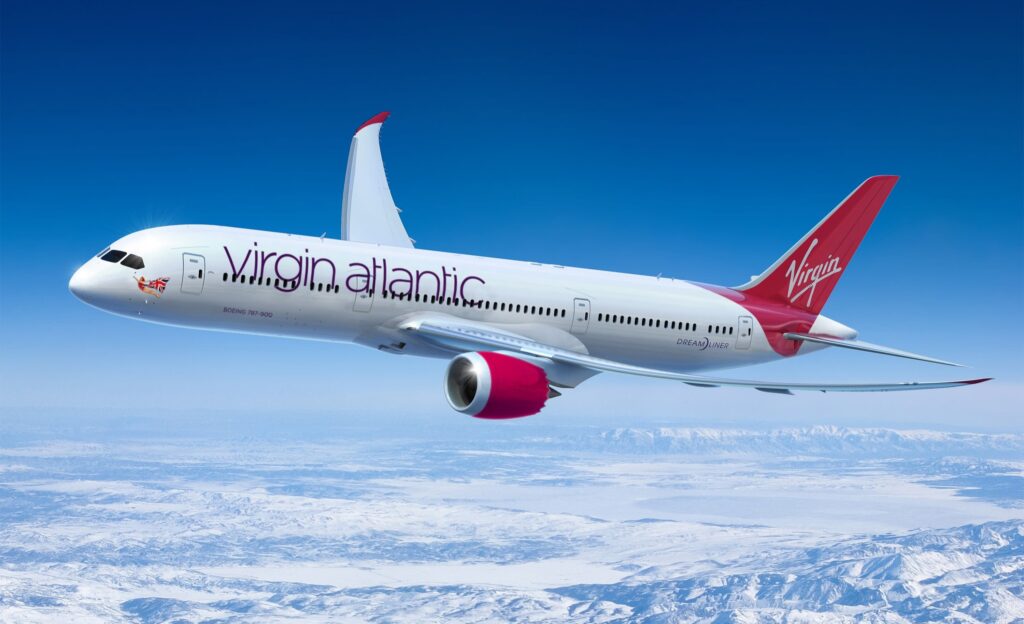
Another turning point in the Virgin man’s career came with his passion for space. In 2004, Branson founded Virgin Galactic, a suborbital space flight company that aimed to launch space tourism. By paying the expected $200,000 per customer, Branson became the first man to fly into space with his own company. No small achievement for someone who rivaled Jeff Bezos and Elon Musk. More than his entrepreneurial successes, which have alternated with many flops (such as Virgin Cars, Virgin Student, Virgin Charter, Virgin Vodka and Virgin Clothing), the admiration for the Virgin dad comes from his vision and his way of doing things.
The importance of a pen and notepad
Although his personal fortune was halved in 2022, the man who has lived on Necker Island (British Virgin Islands) for years – he bought it in 1978 for $180,000 in a move that many other celebrities have since followed – and can boast the title of baronet, having been made a Knight of the Order of the British Empire by Queen Elizabeth II in 1999, has led an extraordinary life, with many joys and few regrets.
But perhaps his greatest skill is his ability to get the best out of his staff, who are rarely punished and often treated as friends, although if you ask him directly what his secret is, the answer is unexpected. ‘A pen and a notepad are two of my most important tools, which I always have in my pocket or at hand to jot down good ideas that come to me, as well as advice from friends and colleagues that would otherwise be forgotten’. It’s probably not for this reason that Richard Branson has become one of the most envied businessmen in the world, but it’s nice to think so.

